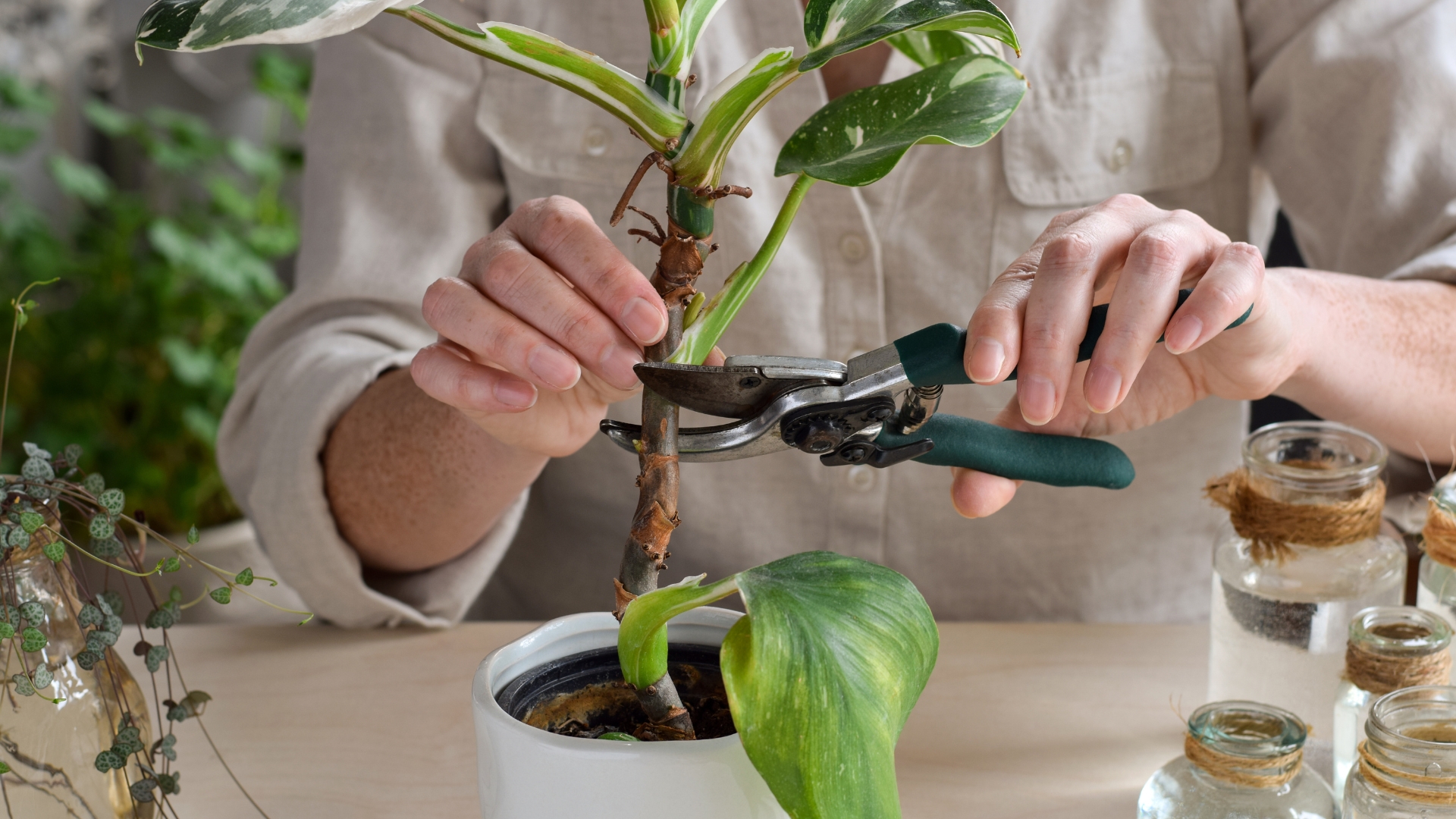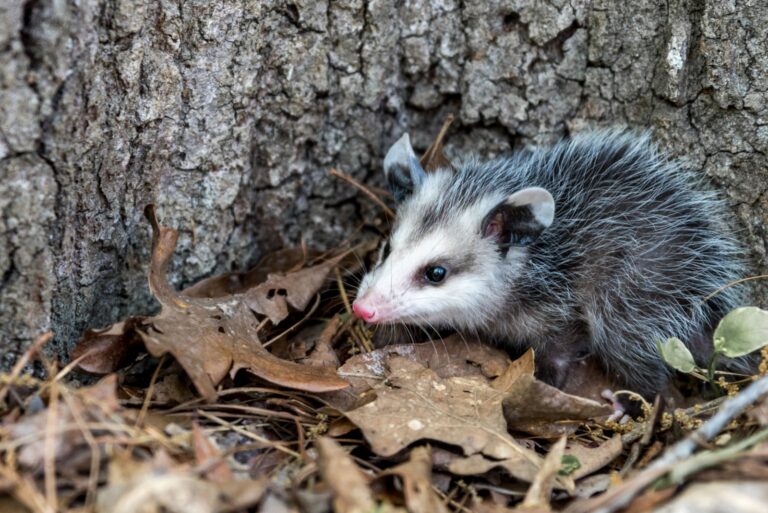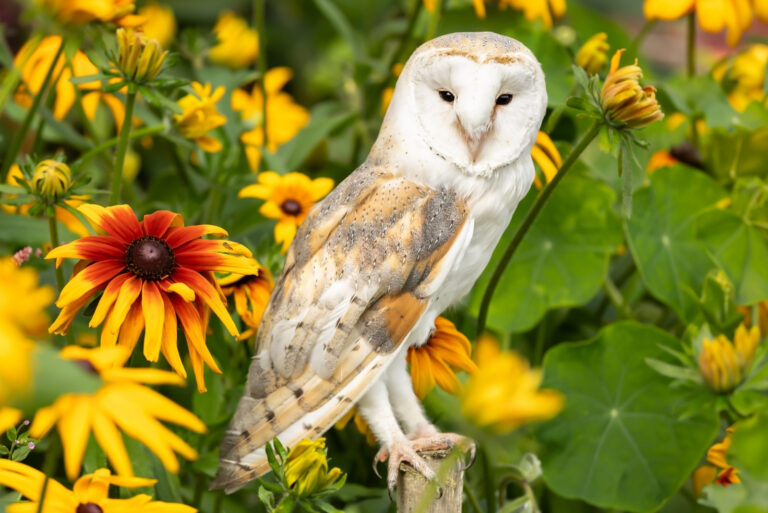Plant Parents, You Could Be Breaking the Law Without Knowing It

They say ignorance is bliss, but for plant parents, it could be a one-way ticket to trouble. That prized greenery sitting pretty on your windowsill might be bending the rules in ways you never imagined.
Laws about plants aren’t just for big-time botanists or commercial growers—everyday gardeners can unknowingly step over the line.
Before you find yourself in hot water over your houseplants, it’s time to dig into what might be lurking beneath the legal surface.
Plant Patent Is A Serious Thing!

Plant lovers know the thrill of clipping a vine, rooting a leaf, and watching a whole new plant spring to life. It’s the green-thumb equivalent of a buy-one-get-one-free deal.
But what if that simple act of propagation was actually crossing a legal line? Many popular houseplants are patented, making it unlawful to multiply them without the proper rights. And yet, plant parents snip and share every day, completely unaware of the rules they’re bending.
Patented plants are carefully bred and legally protected to ensure their creators get credit—and compensation—for their work.
Much like trademarks and copyrights in the business world, plant patents prevent unauthorized reproduction. So, before you pass that cutting to a friend, it’s worth knowing which plants are off-limits.
Why Are Plant Species Patented

Ever wondered why some plants cost an arm and a leaf? That stunning, one-of-a-kind houseplant with its vibrant colors and unusual shape didn’t just appear out of thin air.
Behind every new variety is years of research, breeding, and innovation—all protected by plant patents. These patents aren’t just legal red tape; they’re the reason rare and exotic plants even make it to garden centers in the first place.
Breeders spend years perfecting new species, and without legal protection, their efforts could be copied and sold without a dime going back to them.
A plant patent grants exclusive rights to the breeder, making sure innovation in the plant world keeps thriving.
How To Know If The Plant Is Actually Patented

Not every plant is fair game for propagation, but how can you tell which ones come with legal strings attached? Unlike a warning label on a box of fireworks, patented plants don’t come with flashing lights or sirens.
Instead, the clues are hidden in plain sight—on the tag, in the name, or even buried in legal databases. The problem? Most plant parents have no idea where to look.
Patented plants are protected under U.S. and international laws, and breeders are required to mark them accordingly.
Sometimes, the patent number is right on the label. Other times, it’s disguised with terms like “PPAF” (Plant Patent Applied For) or “PP” followed by a number.
If those clues are missing, a quick search in the U.S. Patent and Trademark Office database can reveal whether a plant is under legal lock and key.
How Long Each Patent Lasts

Breeding a new plant isn’t a weekend project—it takes years of trial and error, selecting the strongest traits, and perfecting the final variety.
But after all that effort, breeders don’t get forever to enjoy the fruits of their labor. A plant patent comes with an expiration date, and once that clock runs out, the exclusive rights vanish, leaving the once-protected plant up for grabs.
It takes about two to three years for a plant patent to be approved, and once granted, the breeder holds exclusive rights for 20 years from the application date.
After that, the plant enters the public domain, meaning anyone can propagate and sell it without restrictions. For breeders, it’s a race to make their mark before time runs out.
So, Can You Multiply Patented Plants

Legally, multiplying a patented plant without permission is off-limits. But let’s be real—no one is knocking on your door over a single stem in a jar.
The real trouble starts when propagation goes beyond personal use. Selling or mass-producing patented plants without authorization is where breeders draw the line.
If someone copies and distributes a protected variety for profit, the patent holder has every right to file a lawsuit. At the end of the day, plant patents exist to protect innovation, and breeders won’t hesitate to take action against those who try to cash in on their work.
If you’re eager to spread the plant love, there’s always a way to do it responsibly. Instead of multiplying a patented plant, consider gifting the original to a fellow plant enthusiast.
It’s a simple, thoughtful way to share the joy of greenery without stepping into murky legal waters. After all, the best part of being a plant parent isn’t just growing plants—it’s growing a community of fellow green thumbs.






